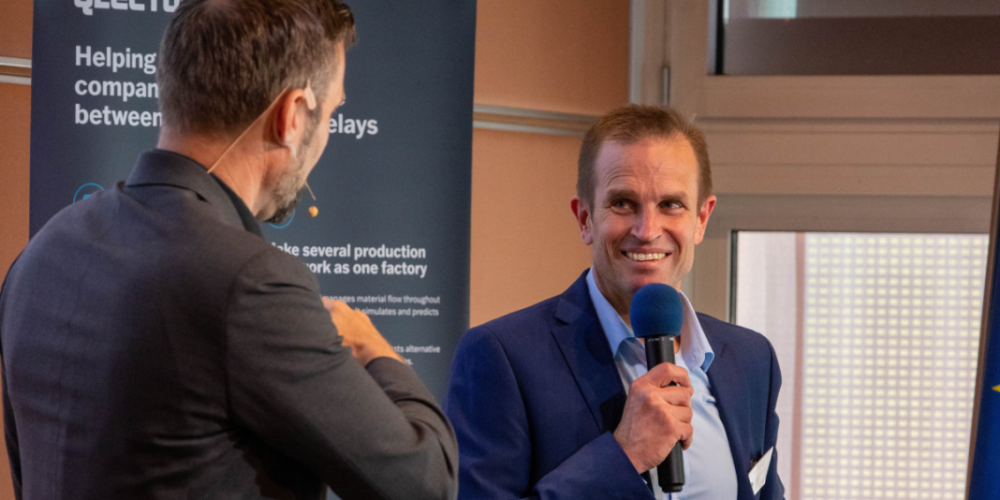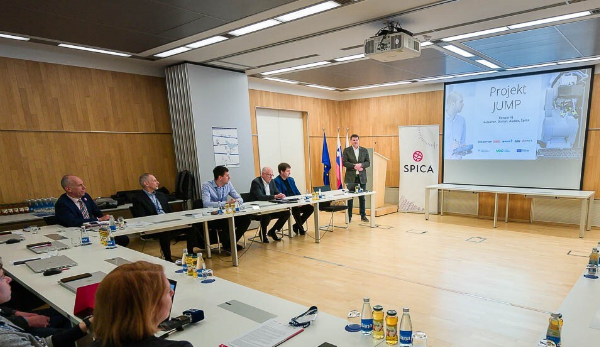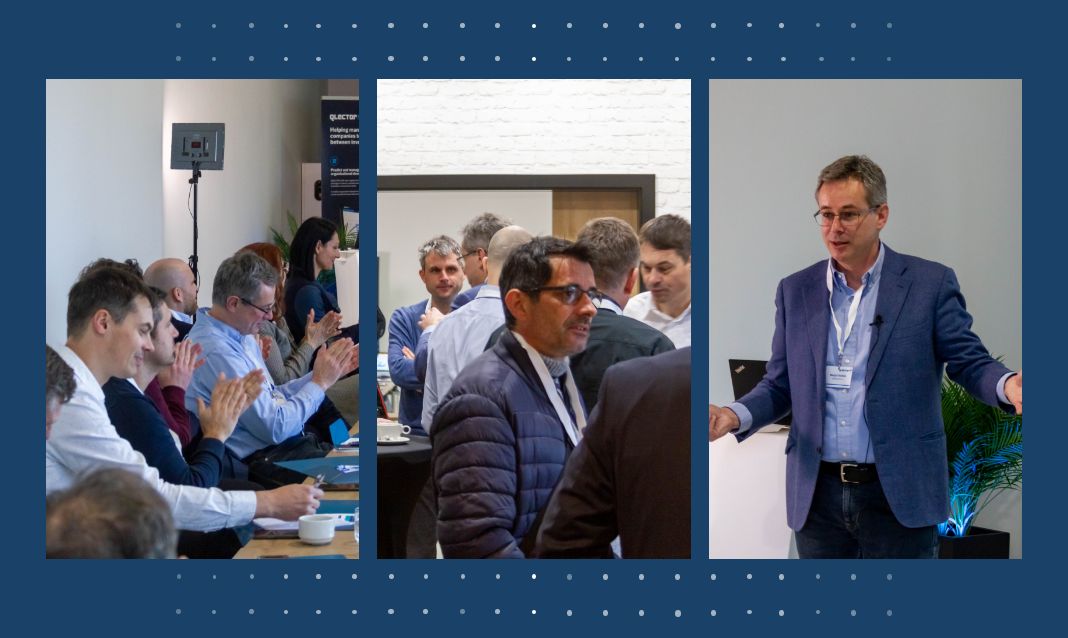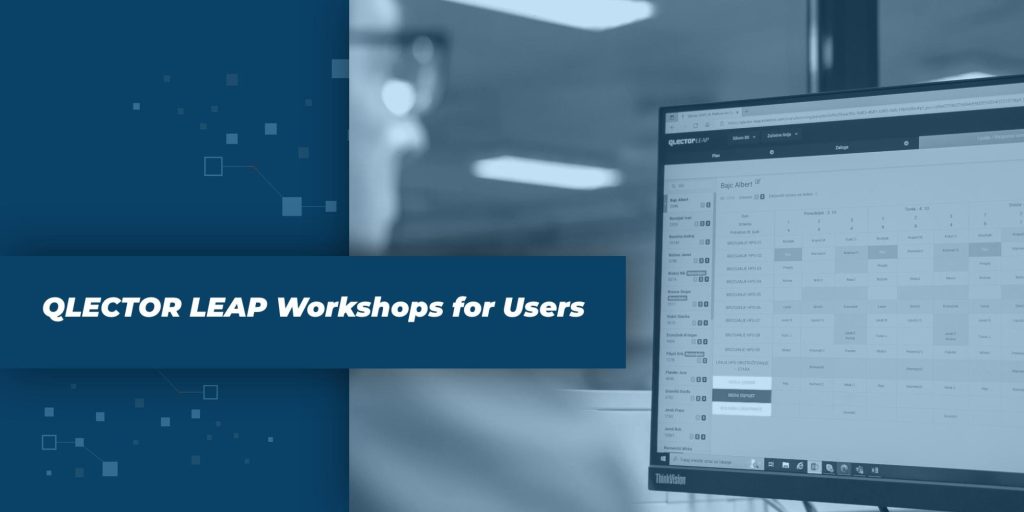In recent years, industry buzzwords like Industry 4.0, digitalization, digital transformation, artificial intelligence, and cognitive assistance have captured widespread attention. While digitalization in manufacturing continues to evolve with successful use cases, it’s important to recognize that the needs and requirements vary across different industries. To address this diversity, together with our partners AHK Slowenien, SRIP Top Factories of the Future, and the Slovene Chamber of Commerce, we organized a one-day hybrid event, “Digitalization in the Process Industry: Overcoming Challenges and Maximizing Opportunities”. This event, which took place on June 13, 2023, at the Slovene Chamber of Commerce in Ljubljana and via Zoom, aimed to showcase the cutting-edge technologies and industry-specific best practices solutions tailored for the process industry.
Upcoming Challenges: Labor and Supply Changes
During the event’s opening remarks, event partners warmly welcomed the attendees and shed some light on the most pressing issues of today’s manufacturing and economy. Dagmar von Bohnstein, President of AHK Slowenien, emphasized the need for companies to be thorough and diligent in their digitalization efforts to effectively navigate the forthcoming challenges stemming from labor market and supply chain changes. Ita Junkar, PhD, Chairwoman of the Steering Committee of SRIP Top, underscored the strategic significance of digitalization in the long-term strategy of the Strategic Research and Innovation Partnership (SRIP). She emphasized its pervasive influence across various manufacturing issues, including sustainability, circularity, and optimization. Tomaž Šuklje, PhD, CRO at Qlector Inc., added that digital transformation is not just about purchasing state of the art software. It is an organizational journey that requires strong champions within the company. The best results are achieved when the management supports and believes in the strategy and work of their Chief Innovation or Digitalization Officers, while also fostering awareness and inclusion among every employee regarding the project’s benefits.
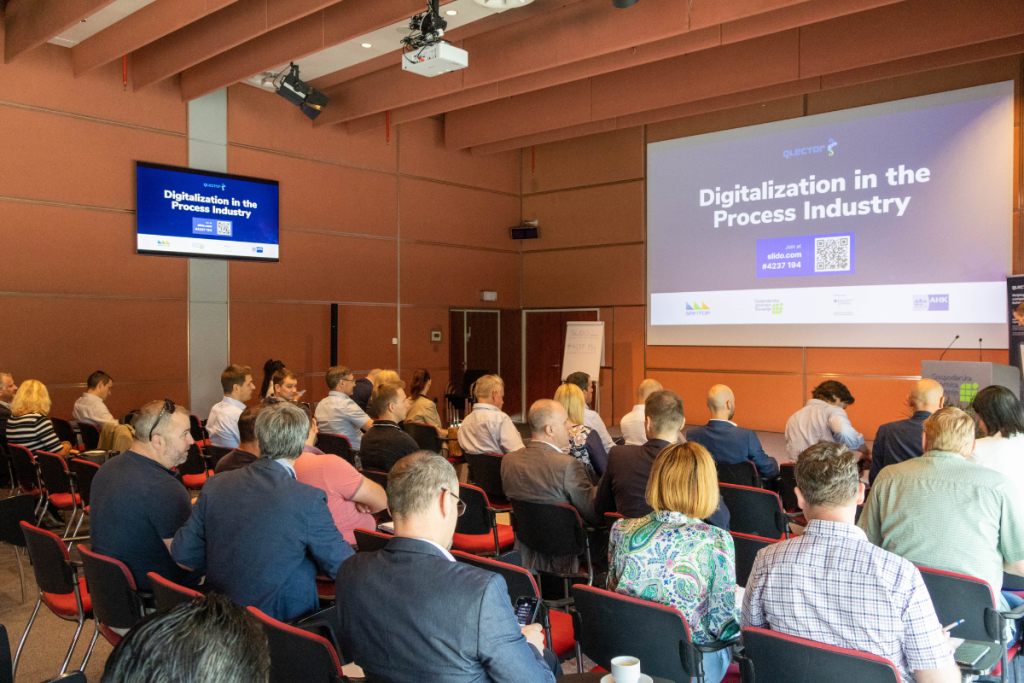
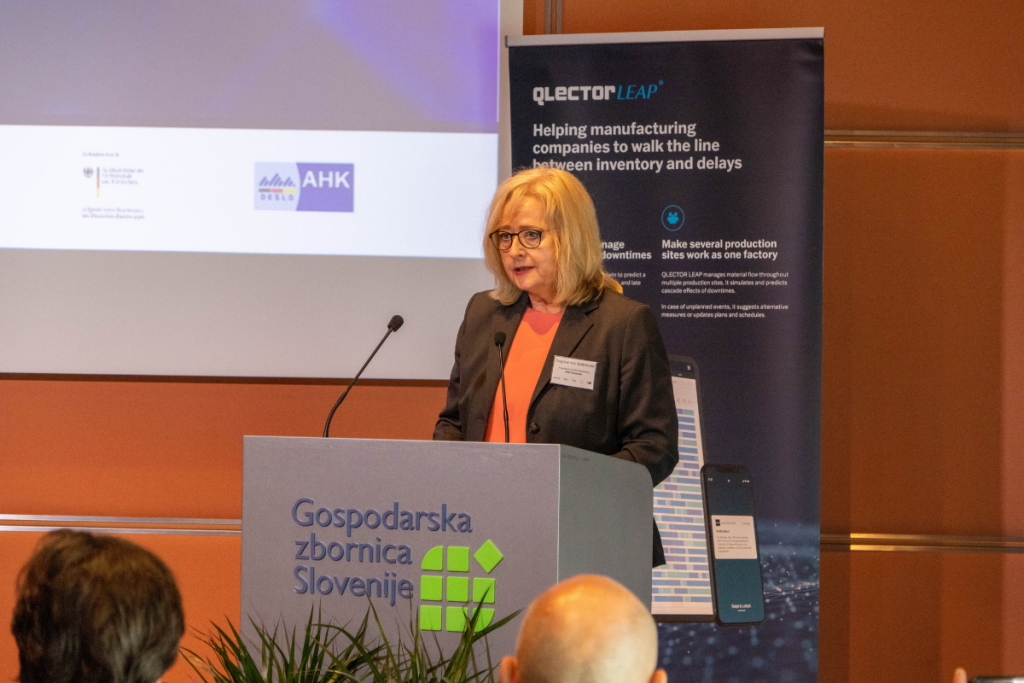
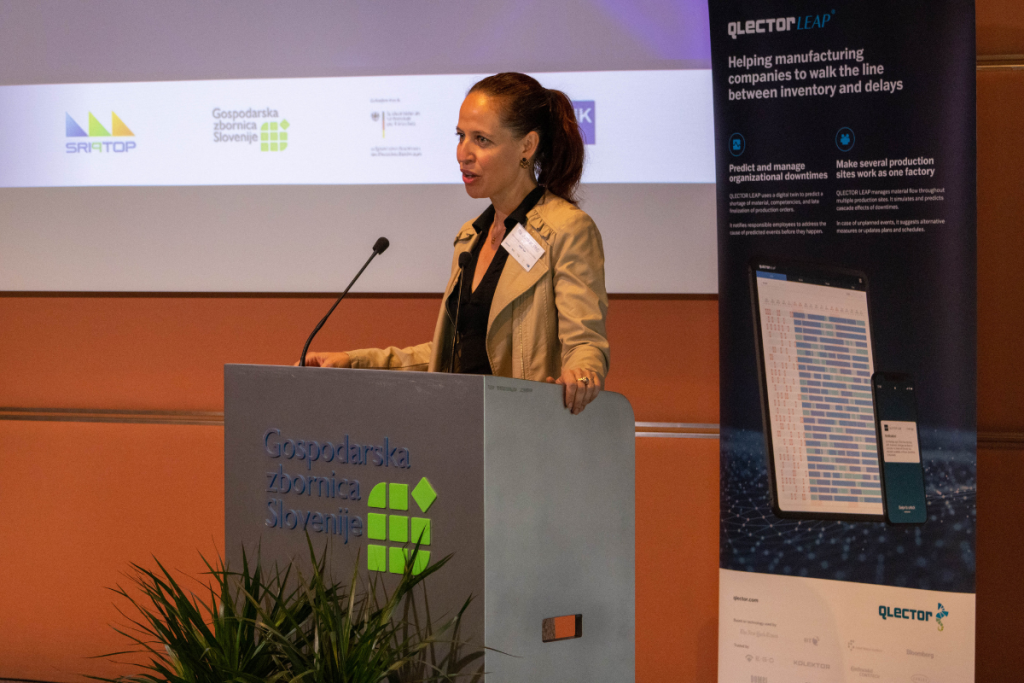
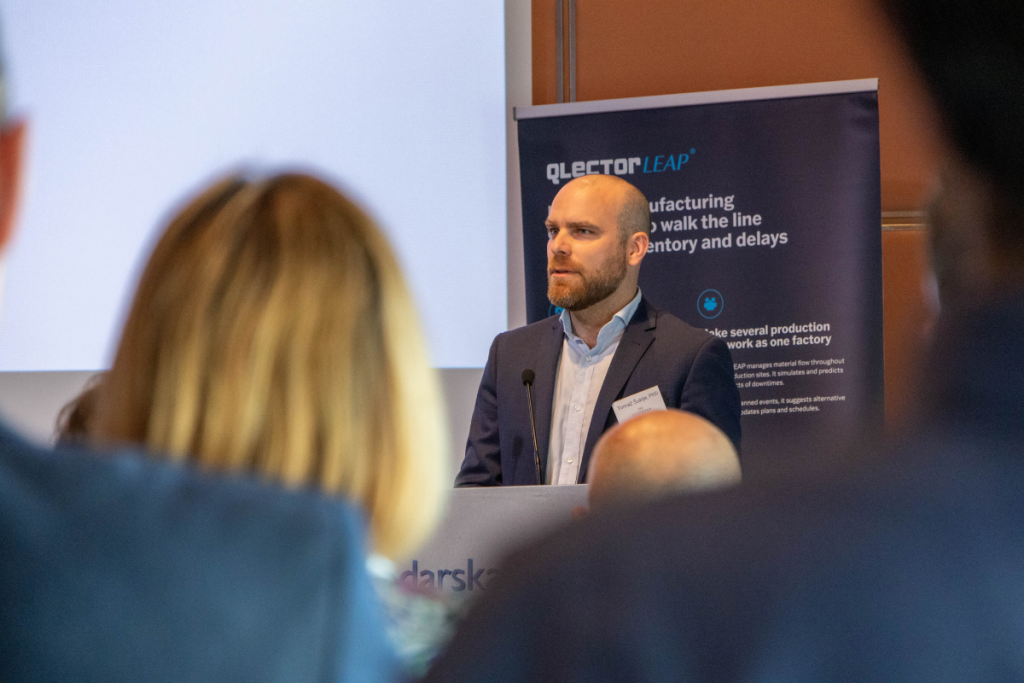
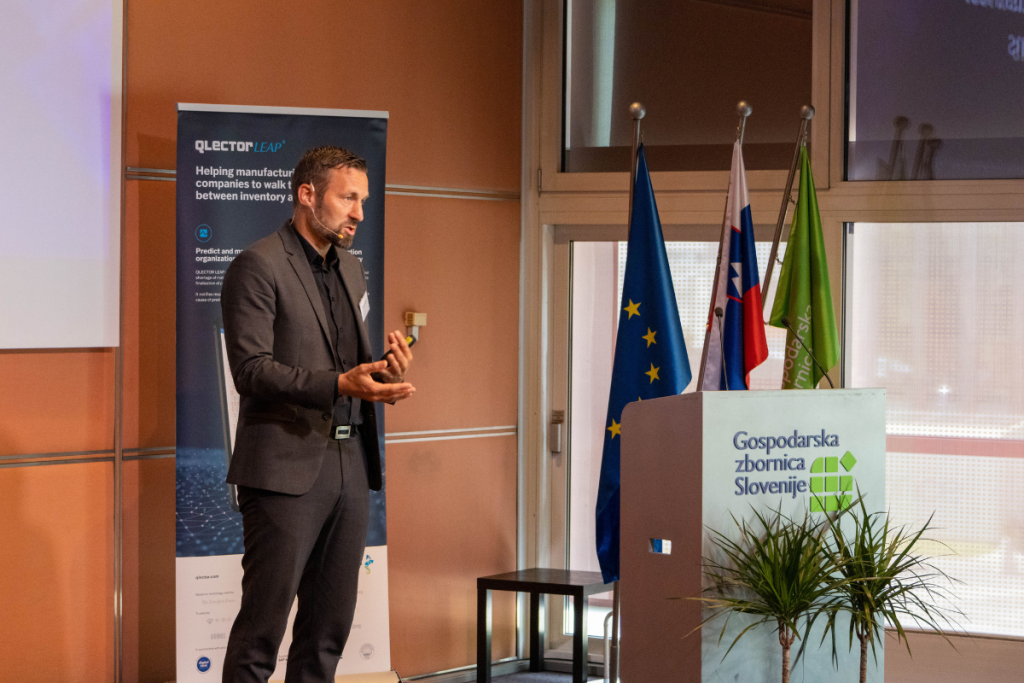
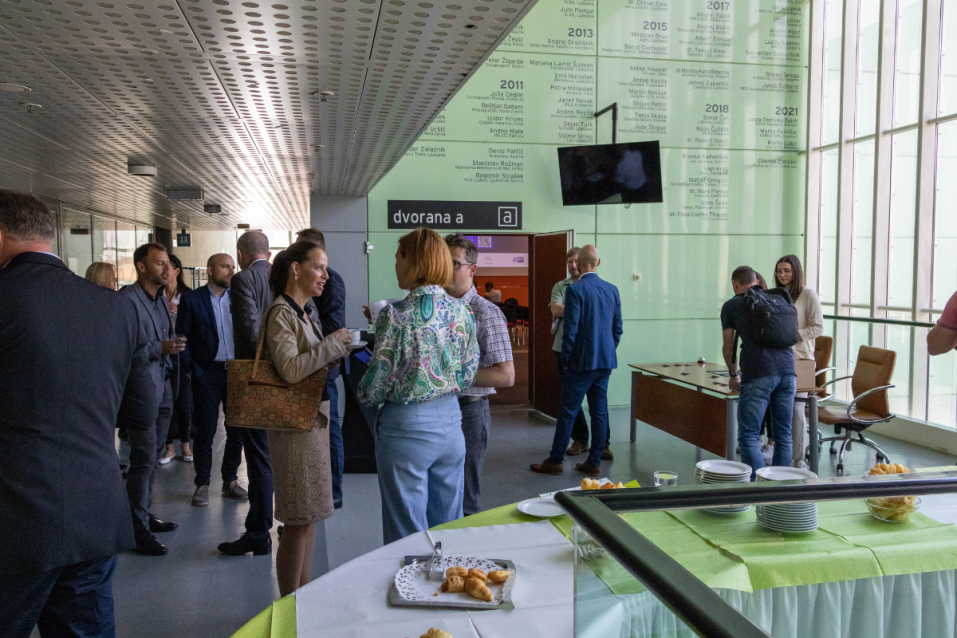
Mitigating Risks Through Digitalization
Recognizing the importance of theory to guide practice, the event commenced with a chapter aptly titled “The Promise of Digital Transformation in the Process Industry.” Lectures focused on the theoretical framework of digital transformation while offering practical insights and applications. Kicking off the chapter was Kostas Kalaboukas, Head of Innovation Management and New Solutions Development, Gruppo Maggioli, Greek Branch. His presentation explored one of the most widely discussed topics: the utilization of digital twins to enhance energy efficiency, promote circularity, and enable traceability in the supply chain. Building on this foundation, subsequent lectures by John Shawe-Taylor, Acting Director at the International Research Centre On Artificial Intelligence (IRCAI), Bernard Ženko, PhD, Department Knowledge Technologies at Institute Jožef Stefan (IJS) and Bogdan Mali, Sales Manager for Strategic Markets, Kolektor Sisteh, by showcasing the latest technological advancements and successful case studies where these innovations have already been implemented.
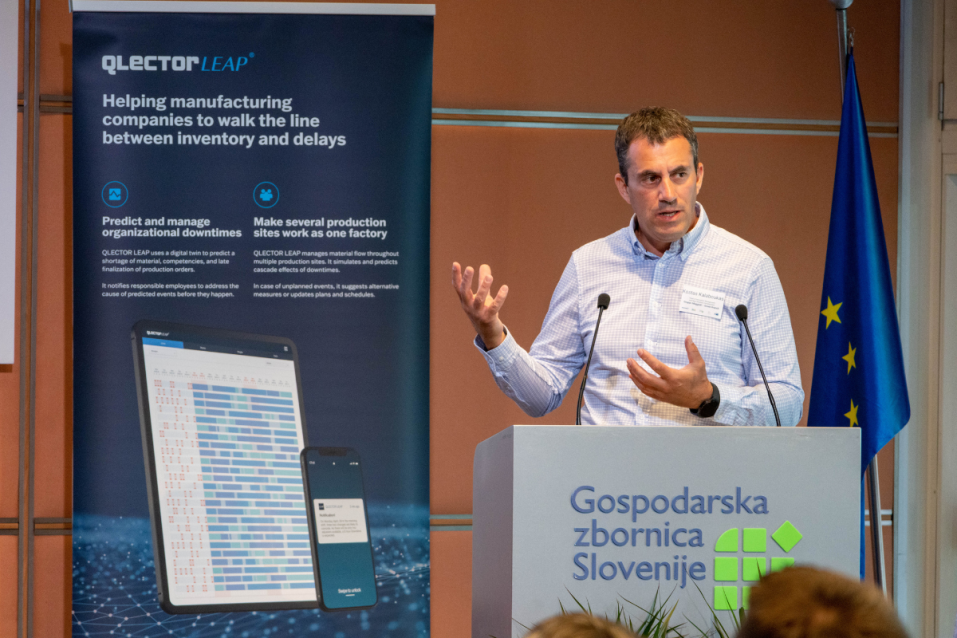
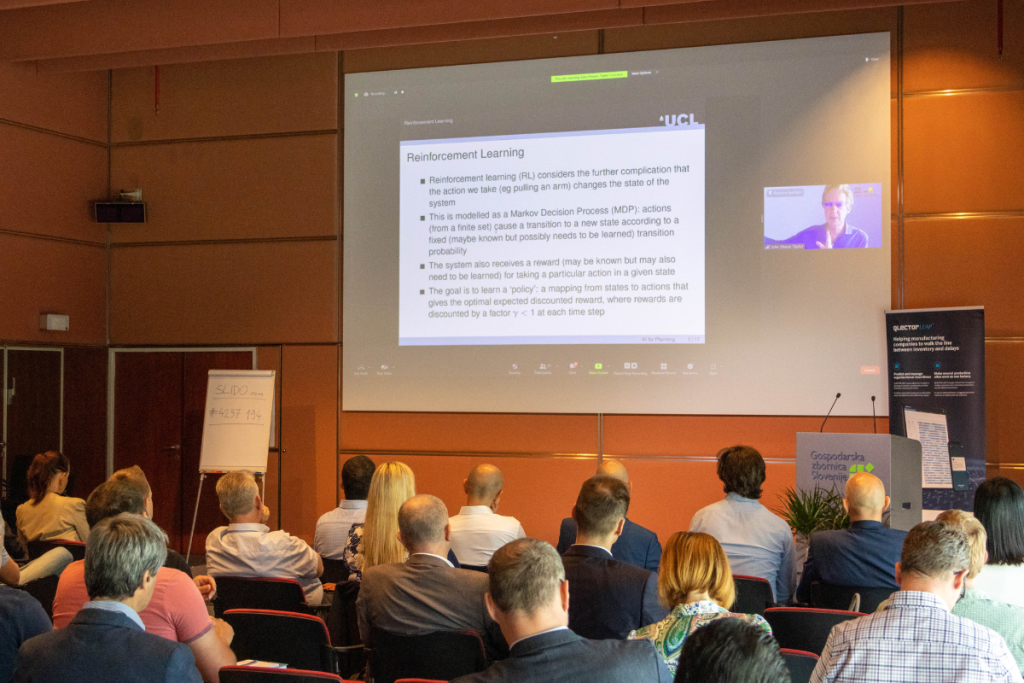
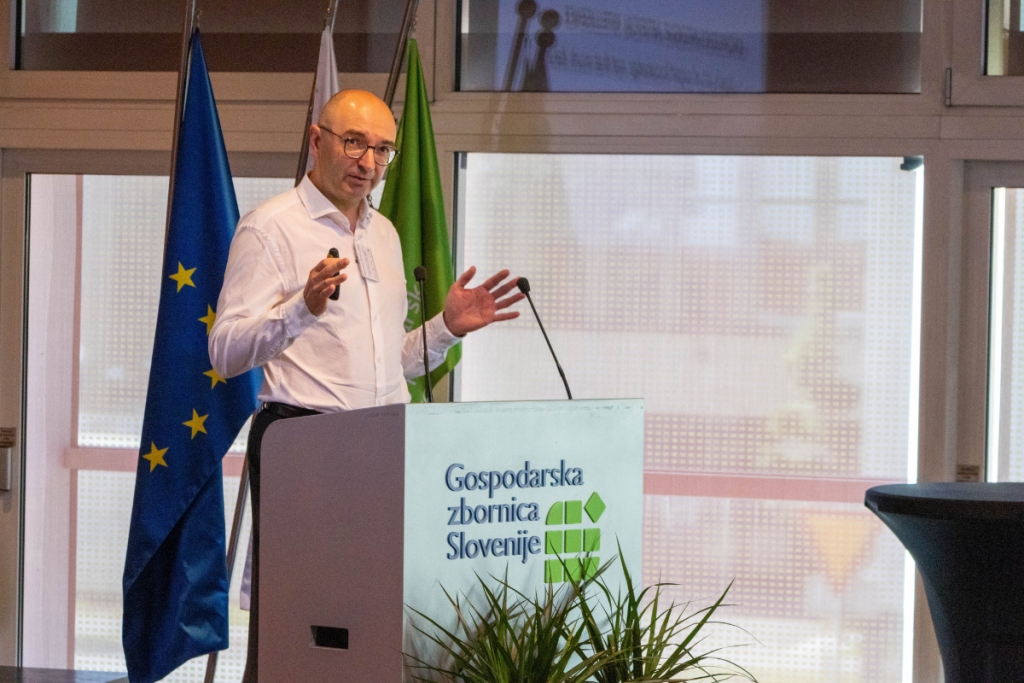
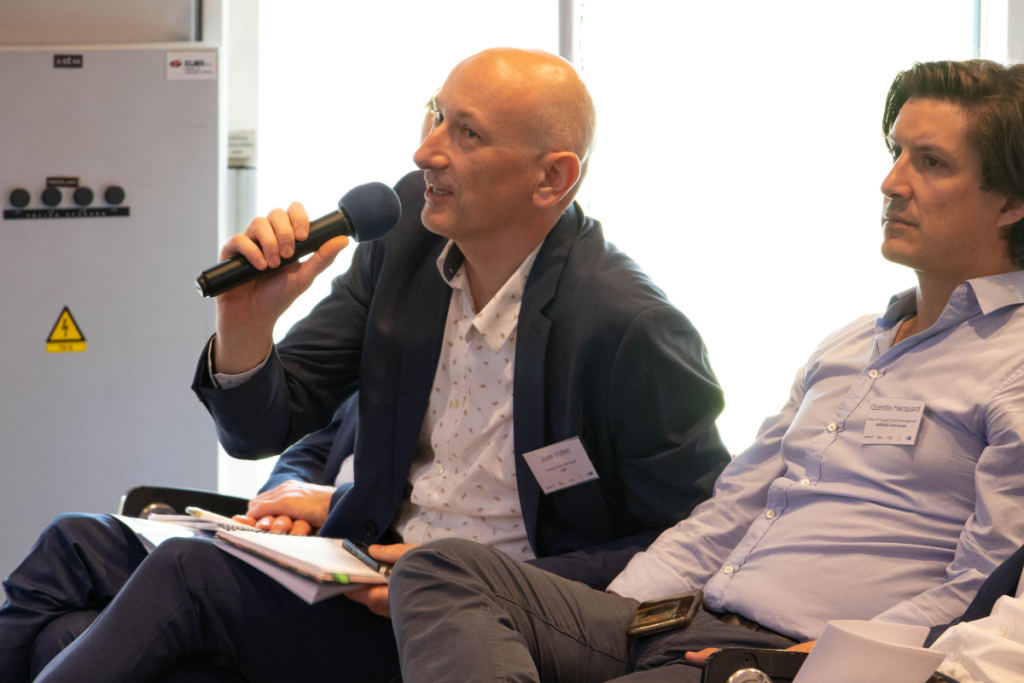

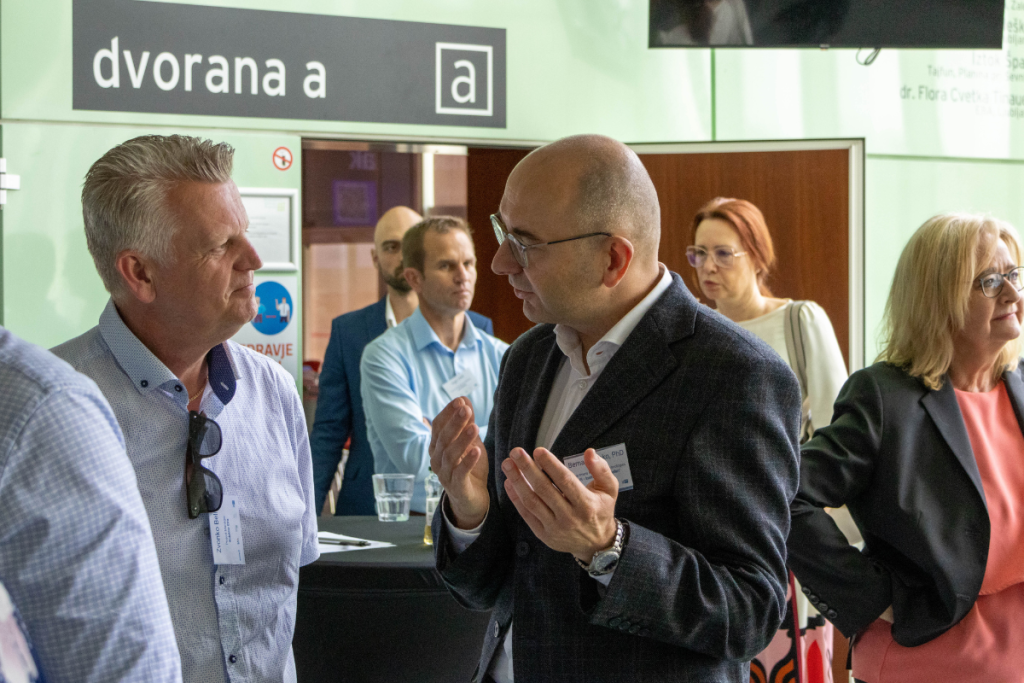
Learning from Trailblazers: Embracing Best Practices
After the theoretical introduction, it was time to delve into real-world use cases. The second part of the program, “From Theory to Practice: Real-World Applications of Digital Transformation and AI in Process Industry” featured implementation and use cases presentations of AGRANA Fruit Europe, by Quentin Hacquard, Head Of Supply Chain Management, JUB, by Jure Videc, Supply Chain Manager and ams OSRAM, by Ingo Hild, Plant and Operations Manager. Notably, all three use cases showcased the integration of QLECTOR Leap with their existing ERP systems and information infrastructure. Guided by the event moderator, Matej Golob, the program concluded with a thought-provoking discussion involving the use case presenters. While the path of digital transformation is unique to each company or organization, there are valuable best practices and general approaches to ensure an efficient and successful transition. Crucially, identifying the essential challenges, allocating the necessary resources, and educating employees about the benefits are vital steps in this transformative journey. By following these principles, organizations can position themselves for success in their digital transformation endeavors.






For all who missed the event and want to learn more about the issues presented and discussed, you are welcome to visit our Youtube event playlist.
